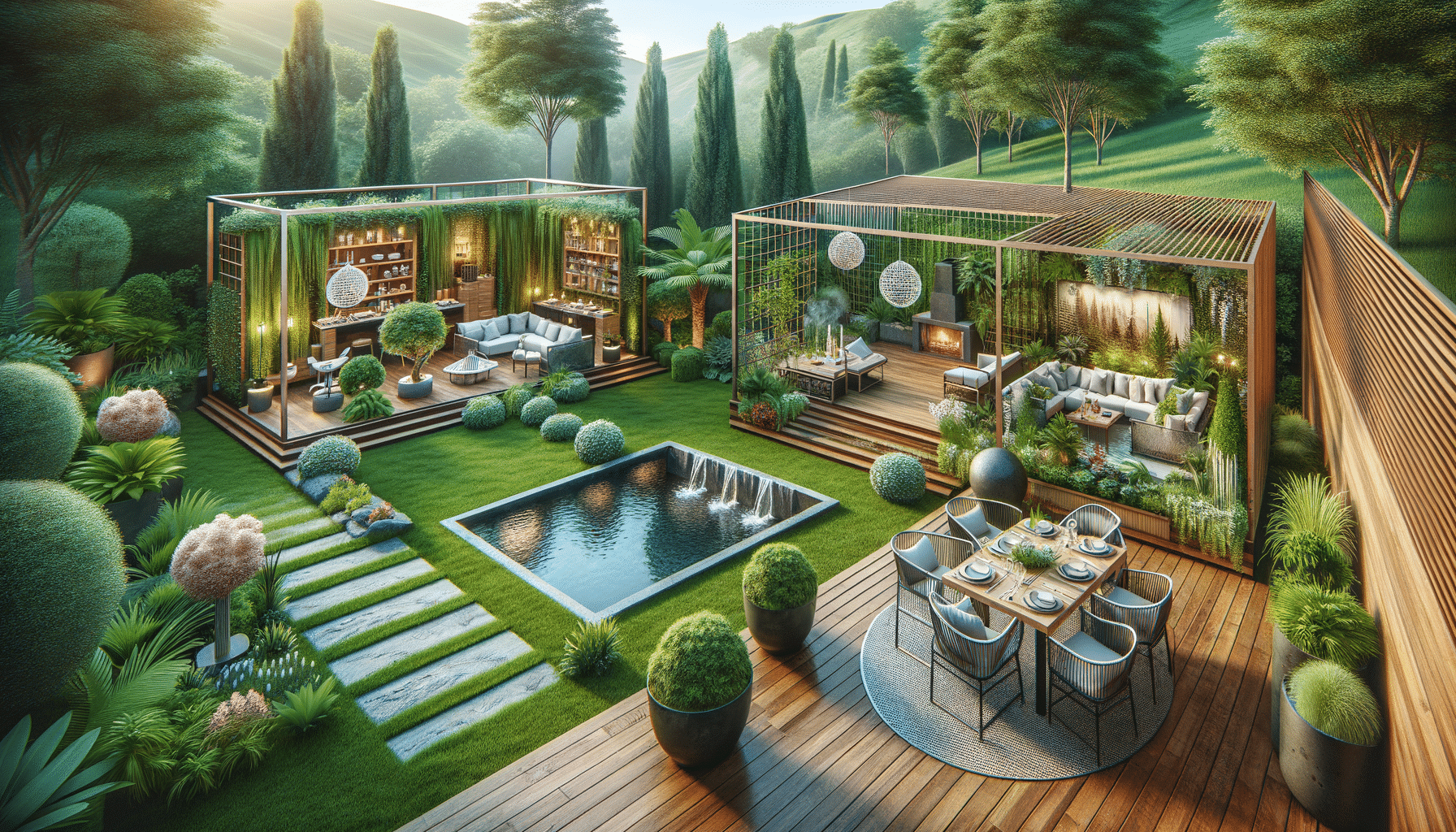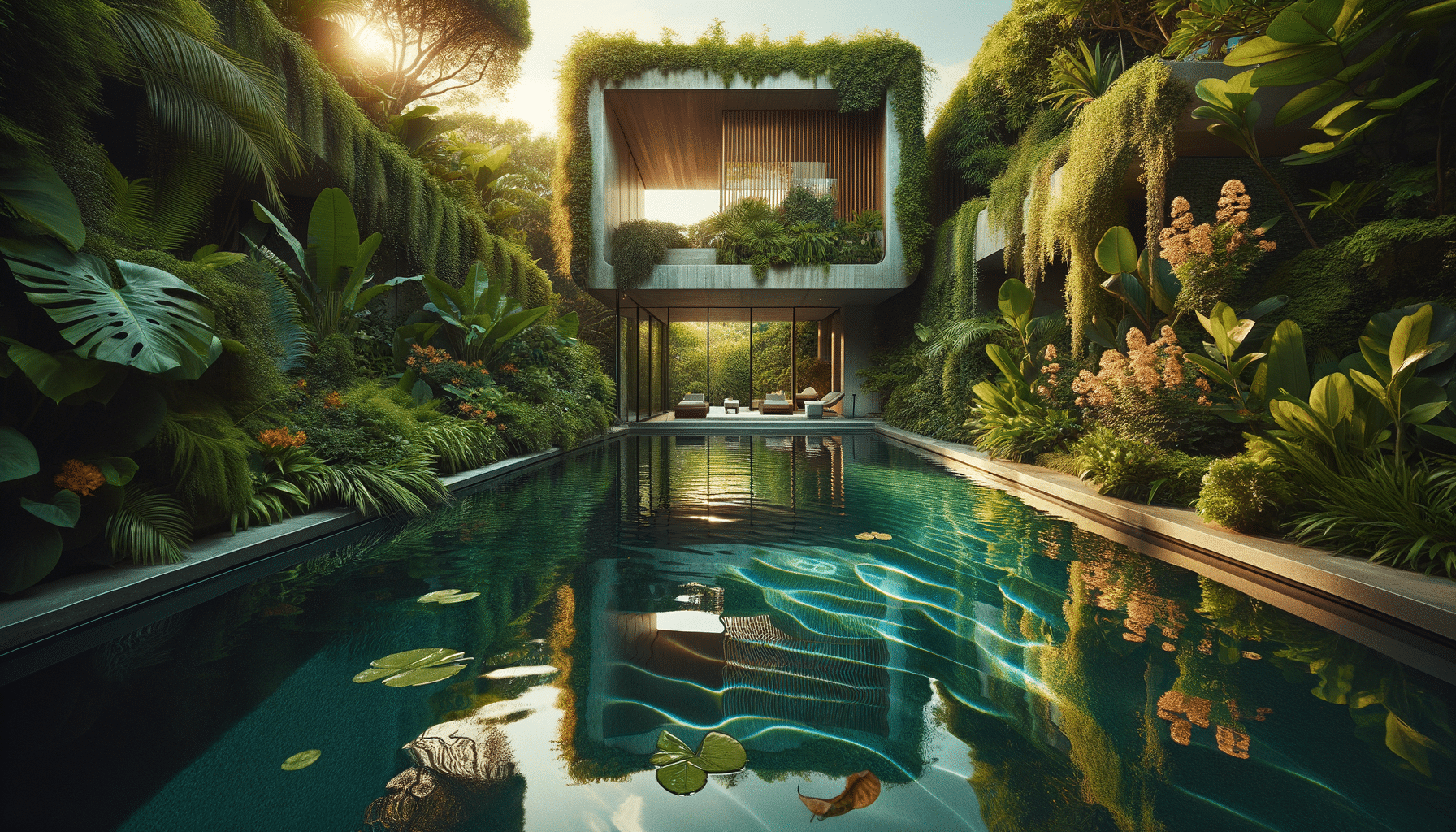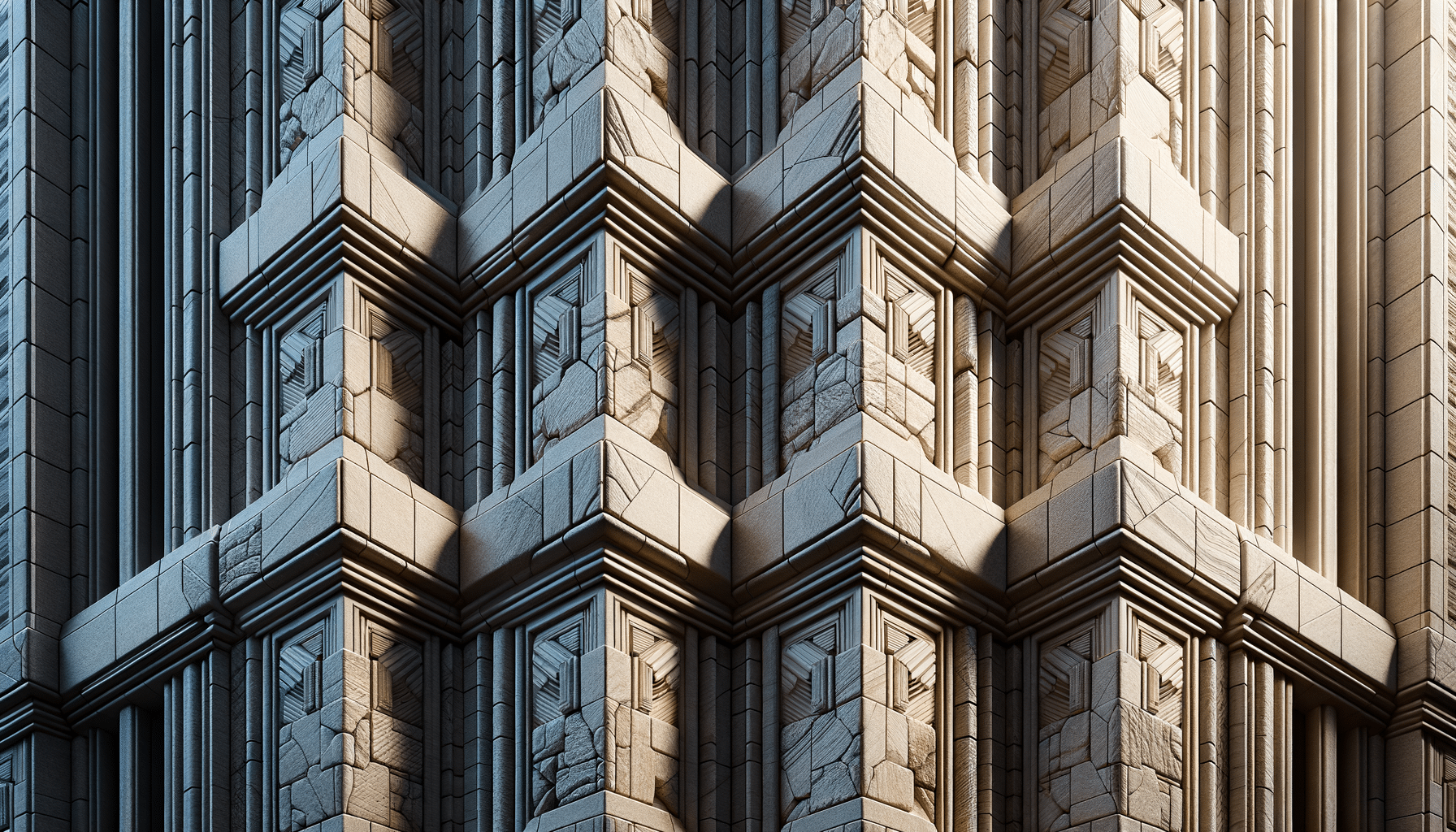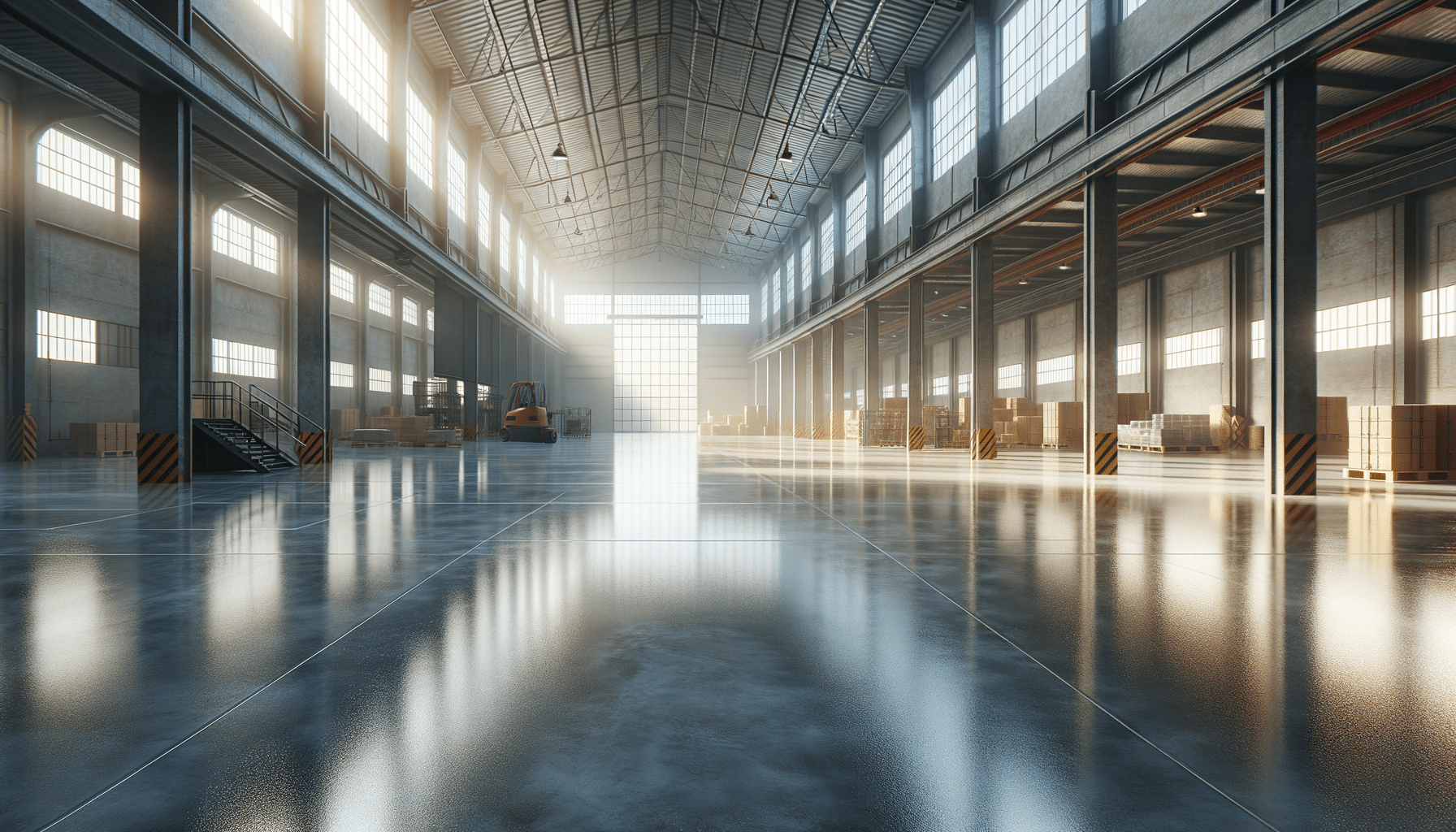
Exploring the Versatility and Benefits of Garden Rooms
Introduction to Garden Rooms
Garden rooms have become a popular addition to homes, offering a versatile and stylish solution to expanding living space while connecting with nature. These structures provide a unique blend of indoor comfort and outdoor ambiance, making them an attractive choice for many homeowners. As the demand for additional space grows, garden rooms stand out as a practical and aesthetically pleasing option.
Garden rooms serve multiple purposes, ranging from home offices and art studios to gyms and relaxation areas. Their adaptability makes them suitable for various needs, offering a private retreat without the need for extensive home renovations. With the rise of remote work and the desire for personal space, garden rooms have gained significant attention as a modern solution to space constraints.
Design and Construction Considerations
When planning a garden room, several design and construction aspects must be considered to ensure the space meets your needs and complements your property. The first step is determining the purpose of the garden room, as this will influence the design, size, and features required. For instance, a home office may need ample natural light and electrical outlets, while a gym might require reinforced flooring and ventilation.
Materials play a crucial role in the construction of garden rooms. Common choices include timber, glass, and steel, each offering distinct advantages. Timber provides a natural and warm aesthetic, while glass allows for a seamless connection with the outdoors. Steel, on the other hand, offers durability and a modern look. Insulation is another vital consideration, ensuring the garden room remains comfortable year-round.
- Timber: Offers a natural and warm aesthetic
- Glass: Provides a seamless connection with the outdoors
- Steel: Ensures durability and a modern look
Incorporating sustainable and eco-friendly materials can enhance the environmental impact of your garden room. Additionally, considering the orientation of the room can optimize natural light and energy efficiency.
Benefits of Garden Rooms
Garden rooms offer numerous benefits that make them a valuable addition to any home. One of the primary advantages is the increased living space they provide. Whether used as a home office, gym, or relaxation area, garden rooms offer a dedicated space that can be tailored to specific needs, enhancing the functionality of your property.
Another significant benefit is the potential increase in property value. A well-designed garden room can be an attractive feature for potential buyers, showcasing the versatility and additional space available. Moreover, garden rooms allow homeowners to enjoy the beauty of their gardens year-round, providing a peaceful retreat that promotes well-being and relaxation.
Garden rooms also offer a cost-effective alternative to traditional home extensions. They typically require less time and resources to construct, making them an accessible option for many homeowners. Additionally, garden rooms can be designed to be energy-efficient, reducing utility costs and minimizing environmental impact.
Customization and Personalization
One of the appealing aspects of garden rooms is the ability to customize and personalize the space to suit individual preferences and needs. From the choice of materials and finishes to the interior layout and furnishings, garden rooms can be tailored to reflect personal style and functionality.
The interior design of a garden room can vary significantly based on its intended use. A home office might feature ergonomic furniture and ample storage, while a relaxation area might include comfortable seating and soothing decor. Lighting is another crucial element, with options ranging from natural light through large windows to ambient and task lighting for specific activities.
- Ergonomic furniture for home offices
- Comfortable seating for relaxation areas
- Ambient and task lighting for specific activities
Exterior customization options include the choice of cladding, roofing materials, and landscaping around the garden room. These elements can enhance the overall aesthetic and ensure the garden room complements the existing property and garden.
Planning and Legal Considerations
Before embarking on the construction of a garden room, it’s essential to consider planning and legal requirements. Depending on the location and size of the garden room, building permits or planning permission may be necessary. Consulting with local authorities or a professional builder can provide clarity on the regulations applicable to your project.
It’s crucial to ensure that the garden room complies with building codes and safety standards, particularly concerning electrical installations and structural integrity. Additionally, considering the proximity to neighboring properties and potential impact on privacy can help avoid disputes and ensure a harmonious addition to your home.
Working with reputable contractors and suppliers can streamline the planning process, ensuring the garden room is constructed to high standards and meets all regulatory requirements. This approach can prevent potential issues and ensure the garden room is a long-lasting and valuable addition to your property.
Conclusion
Garden rooms offer a versatile and stylish solution for homeowners seeking additional space and a connection with nature. With careful planning and consideration of design, materials, and legal requirements, garden rooms can enhance the functionality and value of a property. Their adaptability and potential for customization make them an attractive option for various needs, from home offices to relaxation retreats. As the demand for flexible living spaces continues to grow, garden rooms stand out as a practical and aesthetically pleasing choice.


